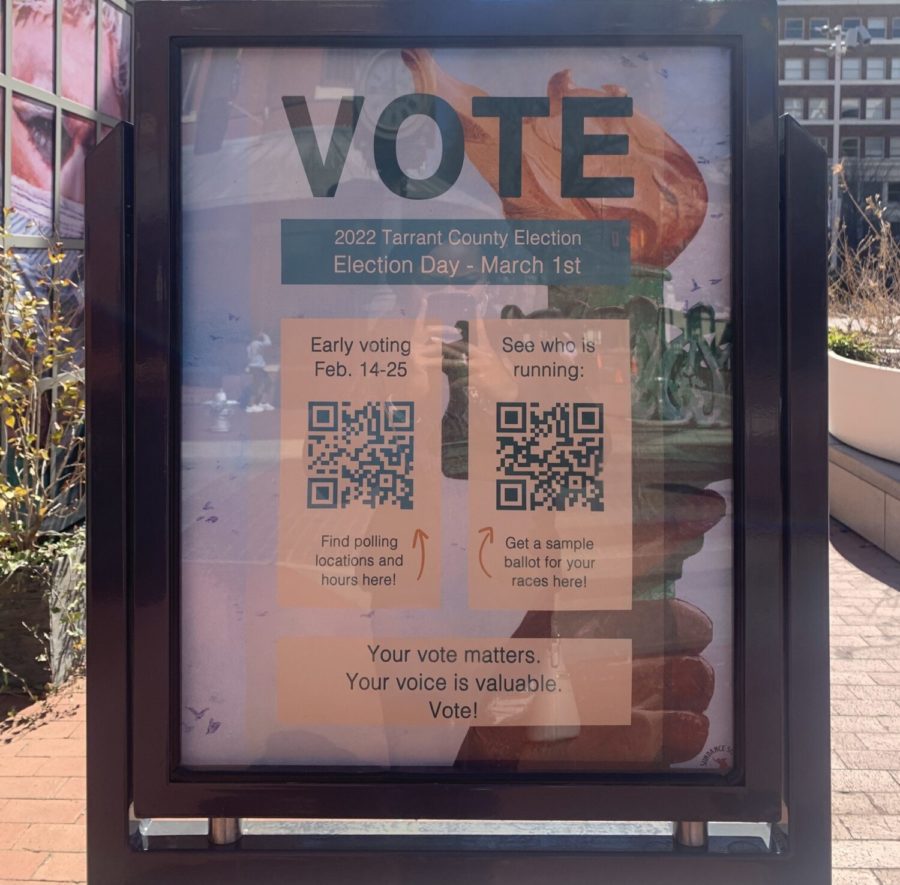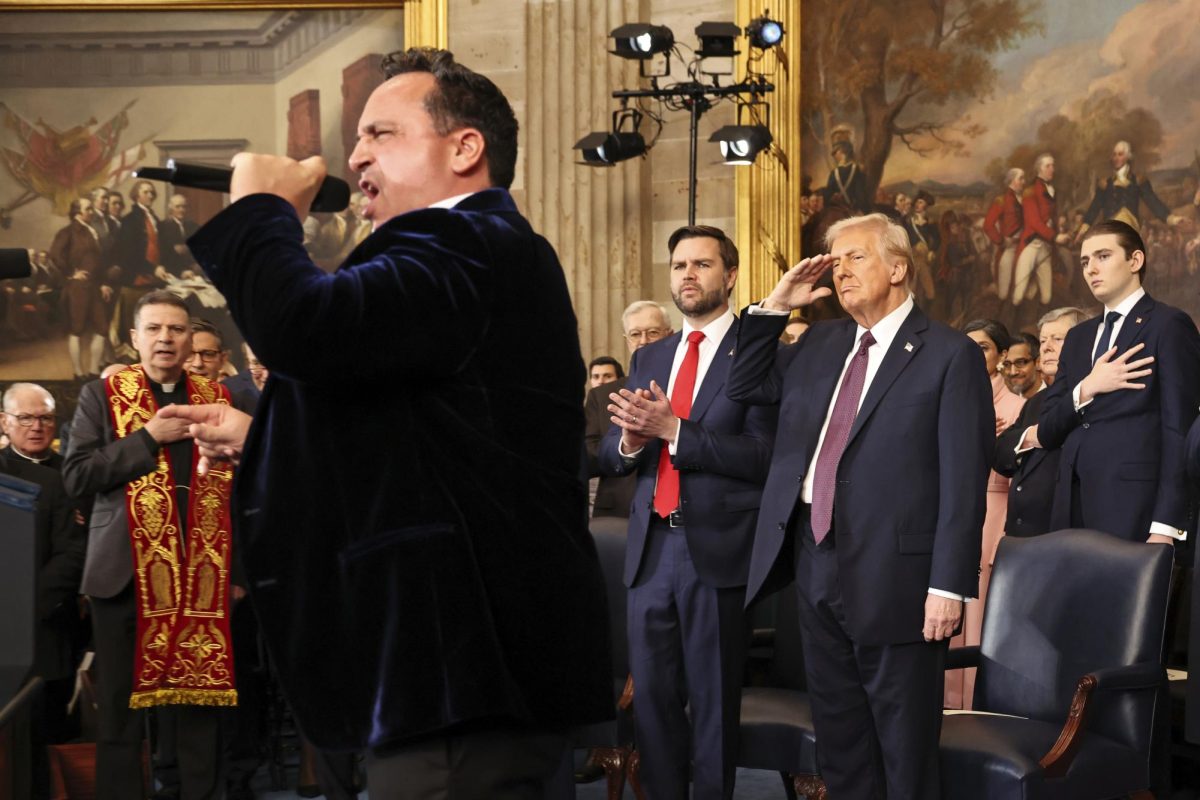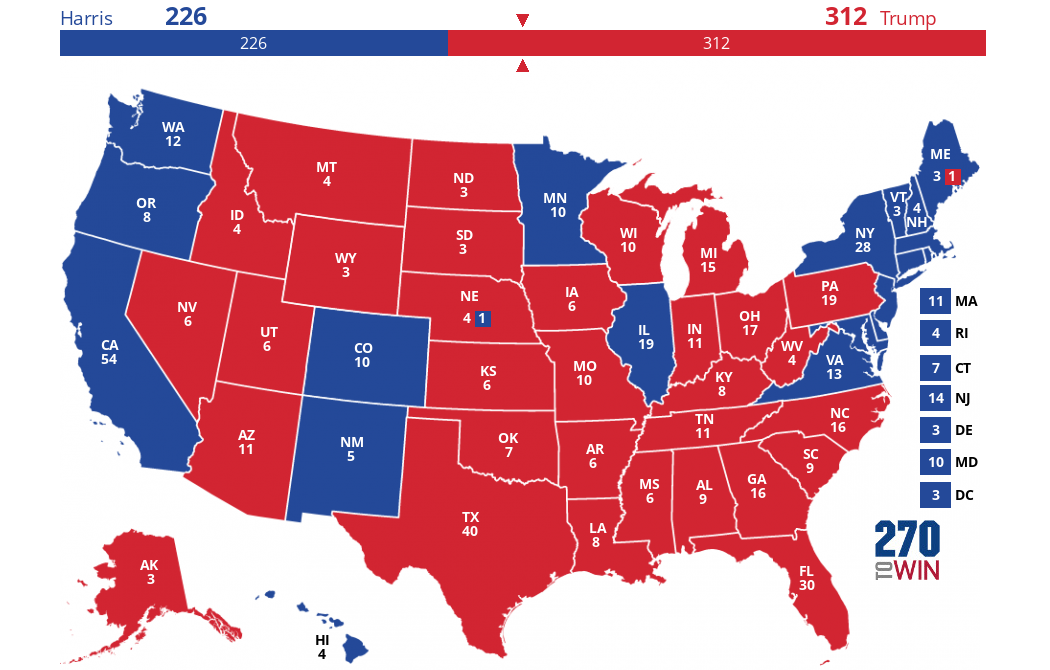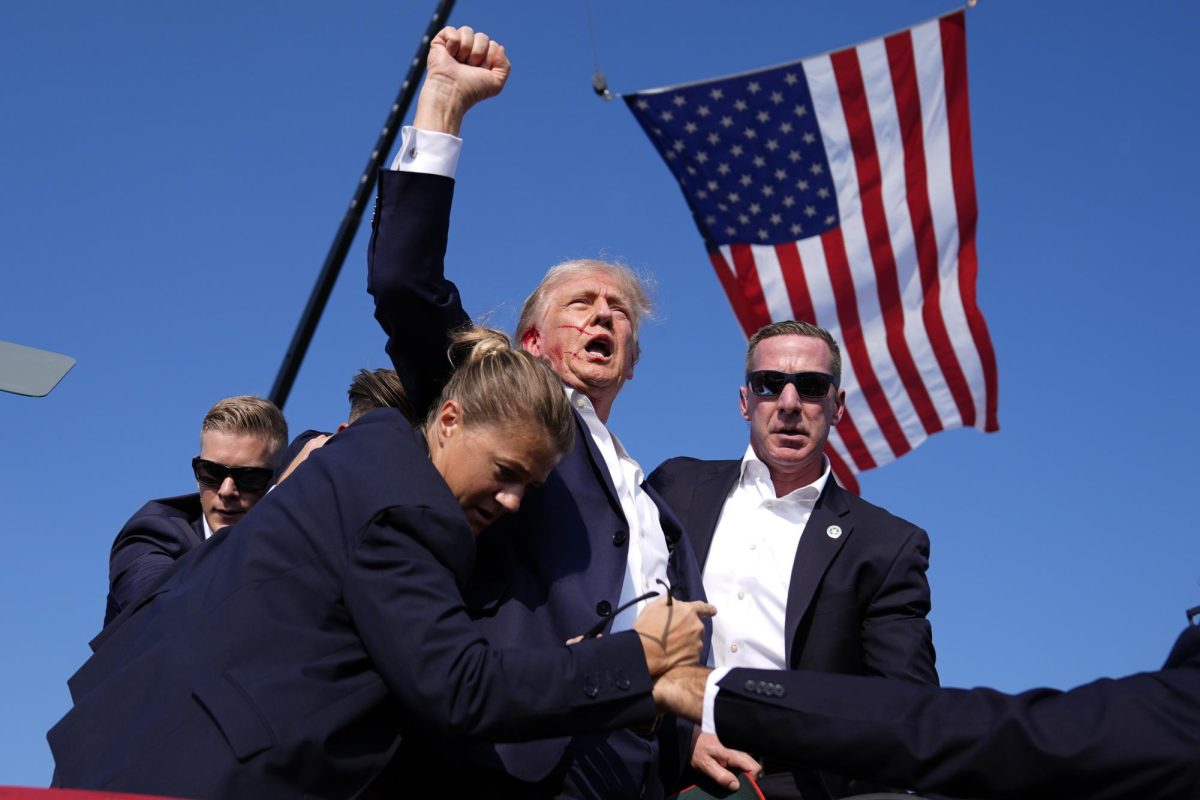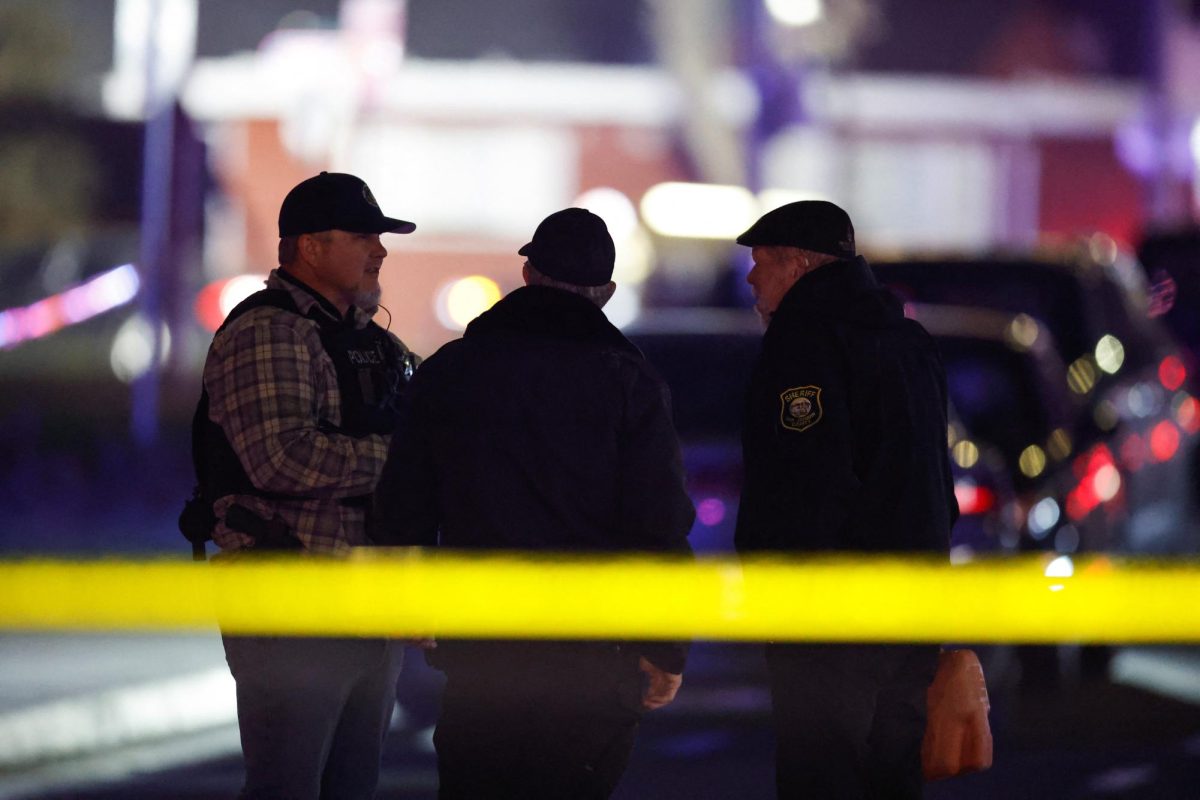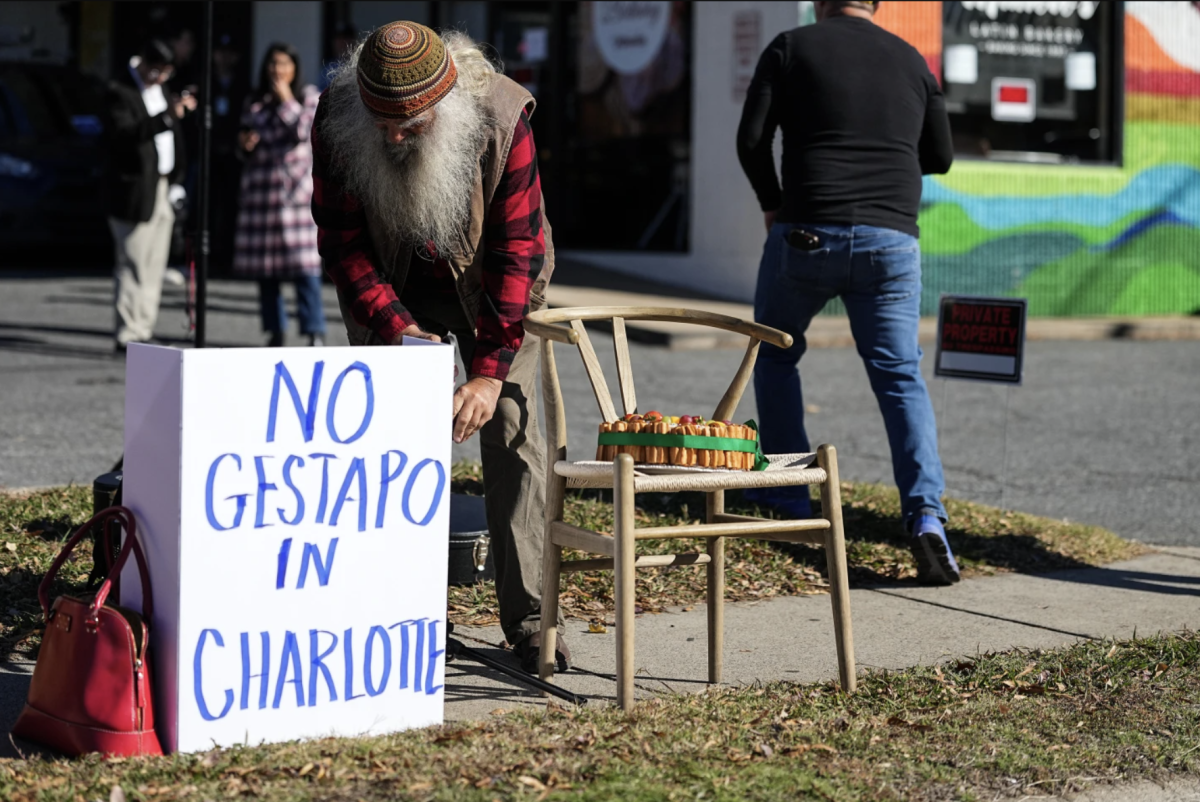Midterm elections haven’t attracted the voter attention that comes with a presidential contest since 1838.
Some students said they weren’t even aware there was an election this year.
“I am most likely not voting in the primaries,” said Tyler Morris, a junior youth advocacy and educational studies major and Texas resident. “I am not in the county that I live in, and I was unaware of the upcoming election.”
The March primaries are the first process of state and local elections. The upcoming elections include Governor, state Senate and House of Representatives seats and state legislators.
Voters will go to the polls on March 1 to select candidates for governor and other offices on the midterm ballot.
Early voting runs through Feb. 25, but the last day to apply for a mail-in ballot was Feb. 18.
Texas law requires eligible voters to register by the 30th day before Election Day. The voter registration deadline for the March 1, 2022, Primary Election was Jan. 31, 2022. To register to vote for future Texas elections, click here.
There are 18 people running for the governor nomination: five Democrats and eight Republicans. Two high-profile candidates for the governor’s race are incumbent Greg Abbott for the Republican party and Beto O’Rourke for the Democratic party. In total, there will be approximately 200 candidates up for various elections in November, according to the Texas Tribune.
Read more: Inside look: Top gubernatorial candidates challenge Gov. Abbott in Texas primaries
Although primaries are an important stage of the election process, some students are not planning to vote in these elections.
“No, I will not be voting,” said Natasha Kataw, a sophomore economics major and Texas resident. “I have not voted in an election yet, and I do not know enough information about this one.”
Political science professor, James Riddlesperger, encourages students to do their research and participate in these elections.
“There’s no shortcut to citizenship,” said Riddlesperger. “Citizenship requires an estimate of time and energy and effort. You can’t just wake up on the morning of the election and drive to the polls and vote.”
Citizens will be asked to cast an informed vote in not only one election, but all other elections taking place at the same time, Riddlesperger said.
Since the 2020 presidential election, young voter turnout has been at an all-time high. However, turnout for the primaries is expected to be low according to CIRCLE, an independent nonpartisan research center based at Tufts University.
“The voter turnout of young people, and of voters of all ages, is typically much lower in primaries than in general elections,” said Alberto Medina, Communications Team Lead at CIRCLE. “That is often because there is less outreach from campaigns and organizations, less media attention and fewer opportunities for young people to understand the importance of their voice and to participate.”
Read more: Texas primary elections are underway: Why young voter participation matters
Young people’s voices and votes are important for all elections. Everyone can play a role in encouraging young voters to go to the polls, said Medina.
Most importantly, young people play a critical role in encouraging their friends to vote, Medina said. CIRCLE research shows that peer-to-peer outreach is very effective in getting young people to the polls.
With March 1 just a few weeks away, there are several resources available to get information on Republican and Democratic candidates. The Texas Secretary of State provides information on each office up for election and the candidates.

